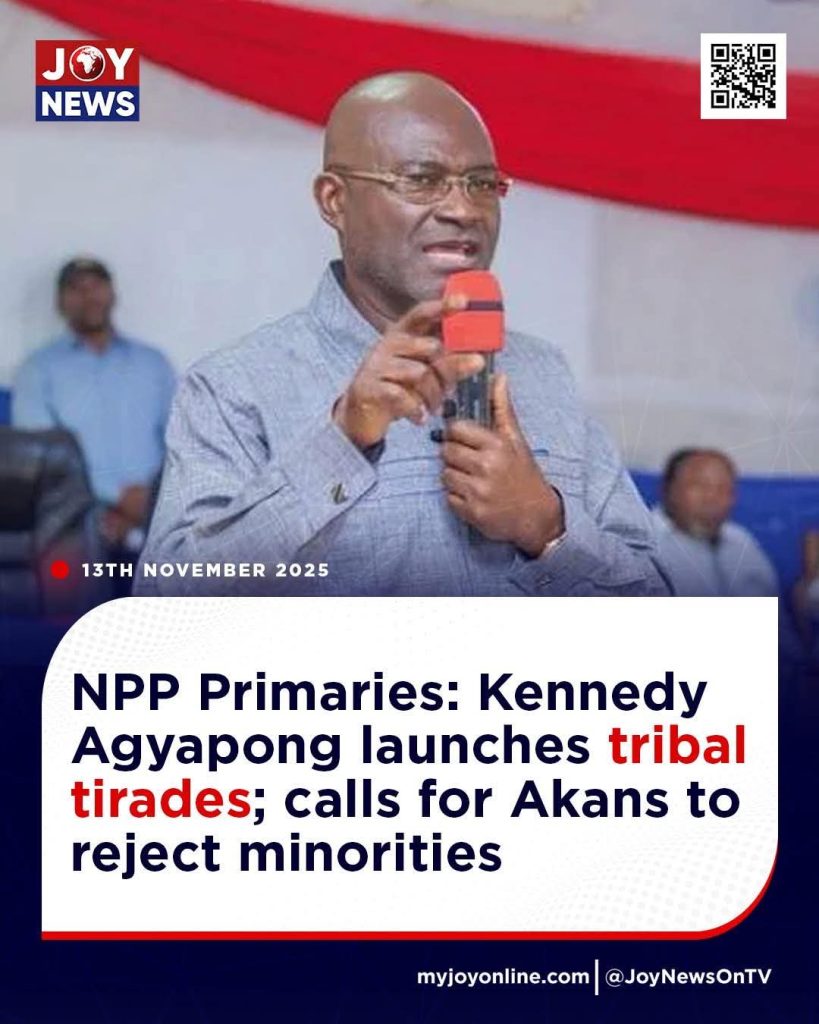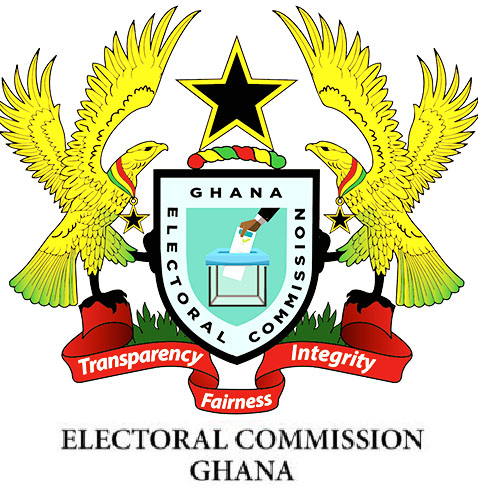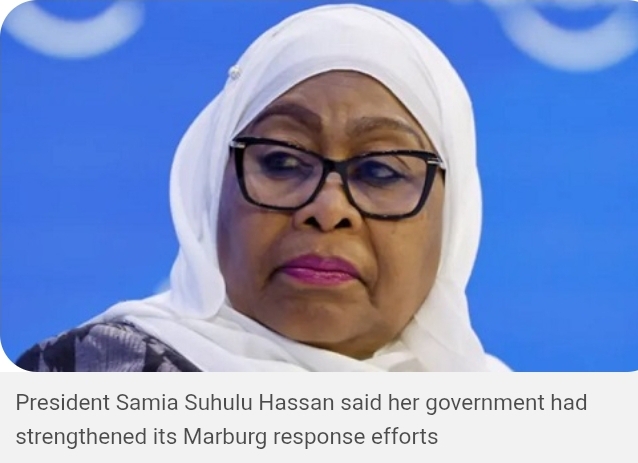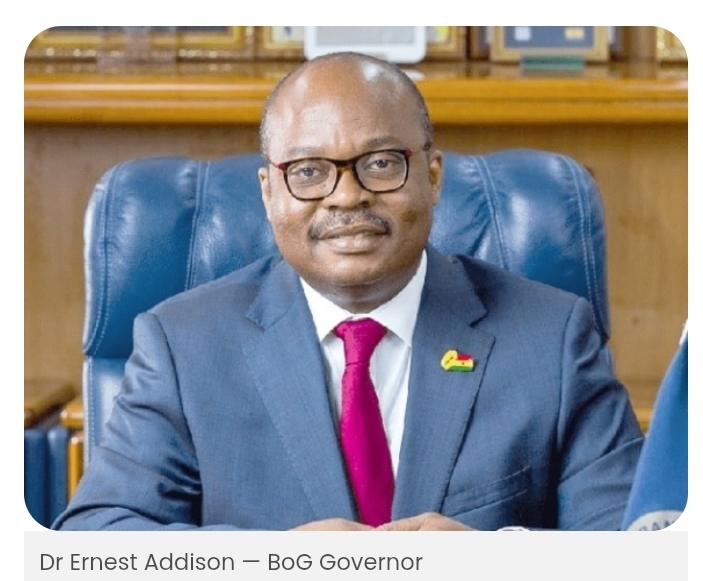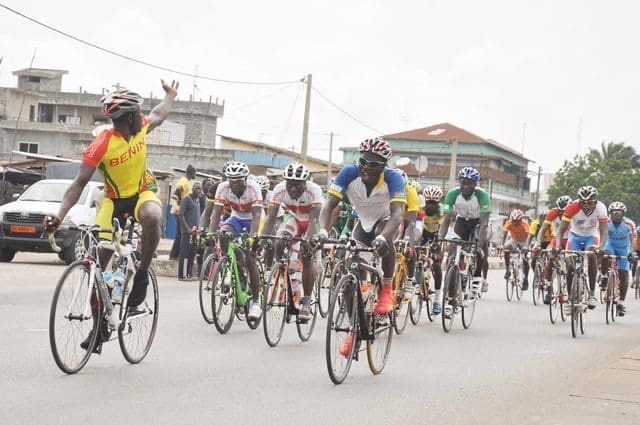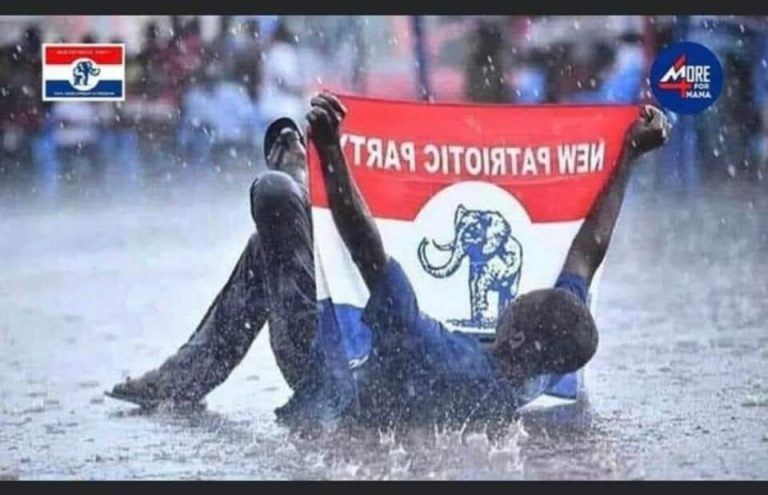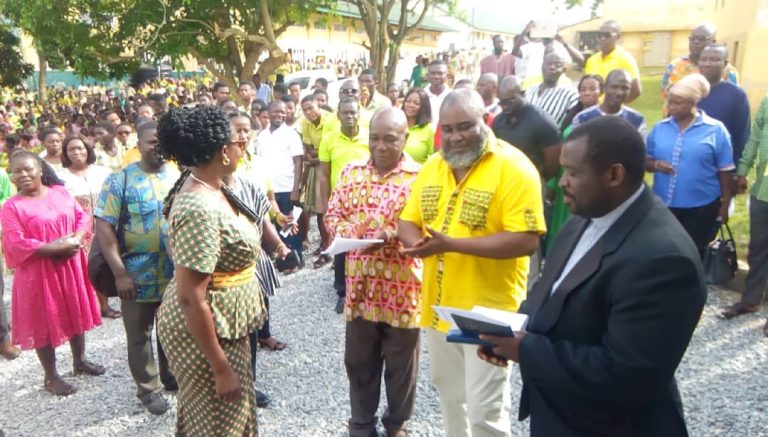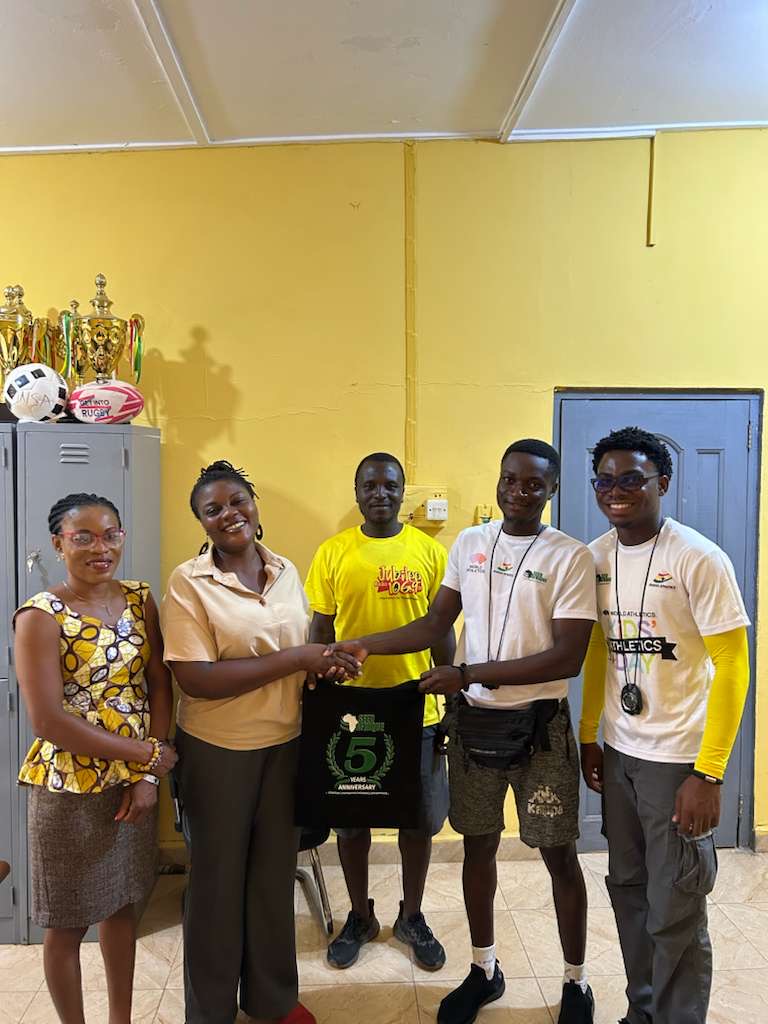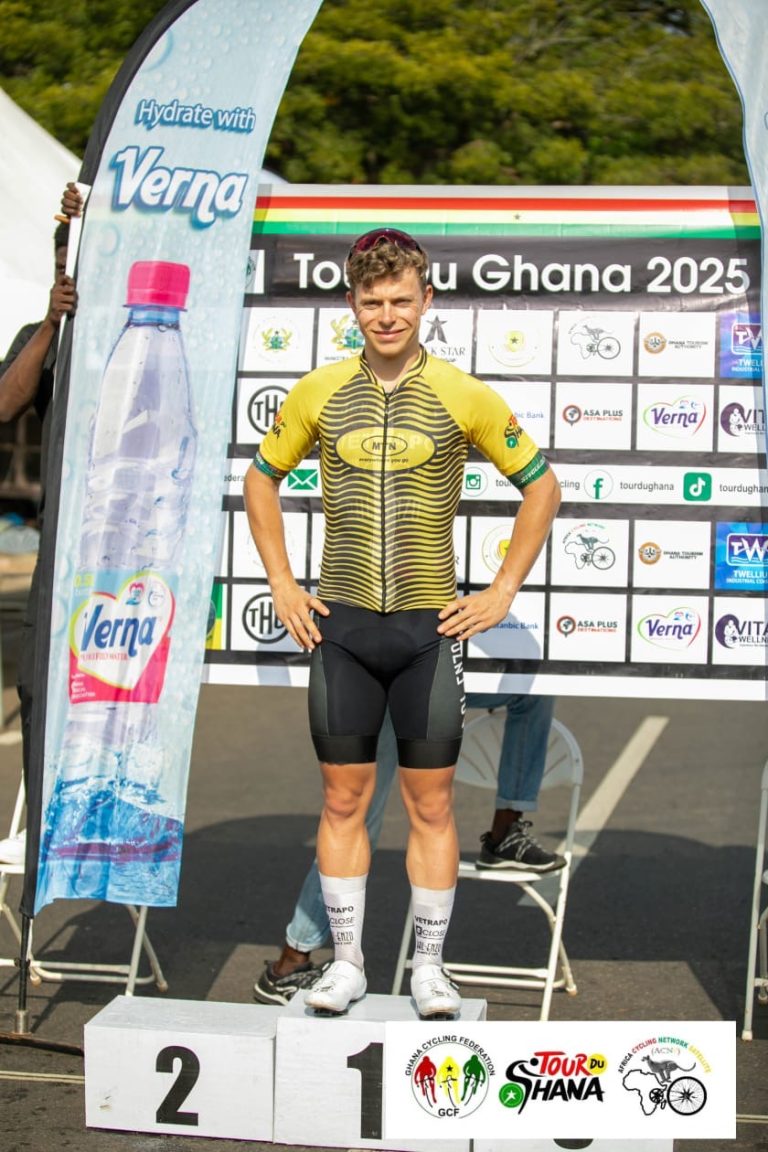The New Patriotic Party has survived for decades because of consensus-building, discipline, and internal cohesion. Yet in recent years, Kennedy Agyapong’s political conduct has deepened cracks within the party. His frequent public outbursts, open accusations against fellow party members, and combative rhetoric have generated suspicion among factions, muted hostility within the grassroots, and a gradual weakening of loyalty to party structures.
A party divided against itself cannot stand. And any leader who amplifies division instead of healing it risks leaving the NPP far weaker than he met it. Kennedy Agyapong’s campaign style poses a genuine threat to the unity the party has long relied upon.
Throughout our history, the leaders who moved Ghana forward, Nkrumah, Busia, Rawlings, Kufuor, succeeded not through aggression but through the ability to unify people. The concern with Kennedy Agyapong is straightforward: His energy is undeniable, but power without restraint can produce destruction rather than progress. If his confrontational approach moves from television studios to the national stage, the consequences could include a fractured NPP, a polarized nation, heightened ethnic suspicion, and a weakened democratic environment. Ghana cannot afford such risks.
Ghana is a proud mosaic of cultures, but also a country where ethnic tensions, if mishandled, can escalate quickly. When political communication becomes aggressive or accusatory, supporters begin interpreting events through tribal lenses. Kennedy Agyapong’s style, even without explicitly promoting tribalism, risks triggering regional defensiveness and polarizing communities around identity rather than national vision. In a nation where political loyalty often follows regional lines, a confrontational climate almost automatically invites tribal interpretations.
Ghana has been spared the ethnic violence that has destabilized other African nations, this peace was not accidental. It has been preserved through careful, measured leadership and a commitment to national cohesion. When political figures escalate anger and provoke emotional responses, the danger is that political disagreements morph into ethnic confrontations, insults are interpreted as tribal attacks, and supporters respond with group-based hostility. Nations often slip into bigotry not because leaders intend it, but because they fail to control the tone of political discourse.
Today, Ghana faces economic strain, rising youth frustration, and declining public confidence in institutions. This is a moment that demands calm leadership, soft power, bridge-building, and skilled dialogue. Aggressive or unpredictable campaigning will only worsen the national atmosphere and deepen tensions among communities. Ghana does not need more heat; it needs healing.
If we ignore the warning signs and normalize confrontational politics, the country may one day wake up to tribal animosity and national fragmentation that could have been prevented.
Politics is not about who shouts the loudest, it is about who unites the farthest. For the sake of our democracy, our unity, and generations yet unborn, Ghana must reflect deeply before empowering any political energy that threatens to divide more than it unites. Kennedy Agyapong may be bold and outspoken, but his confrontational political style raises serious concerns. Within the NPP, it has already deepened factional cracks, sowed suspicion, and weakened the spirit of unity the party depends upon.
A divided party cannot lead a united nation.
Osɔfo Nii Naate Atswele Agbo Nartey

